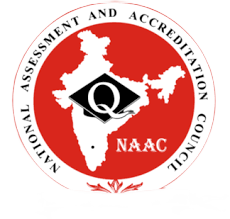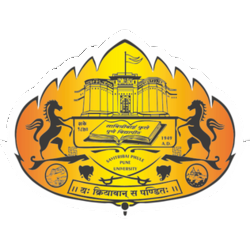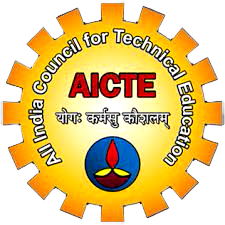Mechanical Engineering Department PO, CO & PSO
Program Outcomes (PO)
1. Engineering knowledge: Apply the knowledge of mathematics, science, engineering fundamentals, and an engineering specialization to the solution of complex engineering problems.
2. Problem Analysis: Identify, formulate, review research literature, and analyze complex engineering problem reaching substantiated conclusions using first principles of mathematics, natural science, and engineering sciences.
3. Design/development of solution: Design solutions for complex engineering problems and design system components or processes that meet the specified needs with appropriate consideration for the public health and safety, and cultural societal, and environmental consideration.
4. Conduct investigations of complex problems: Use research-based knowledge and research methods including design of experiments, analyze, interpretation of data and synthesis of the information to provide the valid conclusion.
5. Modern tool usages: Creates, select, and apply appropriate techniques, resources ,and modern engineering and IT tools including prediction and modeling to complex engineering activities with and understanding of limitations.
6. The Engineer and Society: Apply reasoning informed by contextual knowledge to assess, societal, health, safety, legal and cultural issues and the consequent responsibilities relevant to the professional engineering practice.
7. Environmental and sustainability: Understand the impact of the professional engineering solutions in societal and environmental contexts, and demonstrate the knowledge of, and need for sustainable development.
8. Apply ethical principles and commit to professional ethics and responsibilities .
9. Individual and team work.
PO, CO & PSO
Program Specific Outcomes (PSO)
1. Applying interdisciplinary engineering knowledge and skills in order to fit into core mechanical engineering as well as information technology and management positions in any organization.
2. Design, synthesis and analyze mechanical, fluid, thermal and multidisciplinary component or systems by adopting analytical, numerical and experimental techniques to build environmental friendly systems by harnessing renewable energy.
3. Contribute to the project teams in the core and associated domains by using modern tools for drafting, modeling, analyzing and simulating the product.
4. Function as an independent or as a team member in multidisciplinary activities teams with good professional and communication skills.
5. Recognize and adapt to emerging field of application in engineering and technology and develop self-confidence for continuing education and lifelong learning process.
6. Understand the human value and commitment to serve the society.


